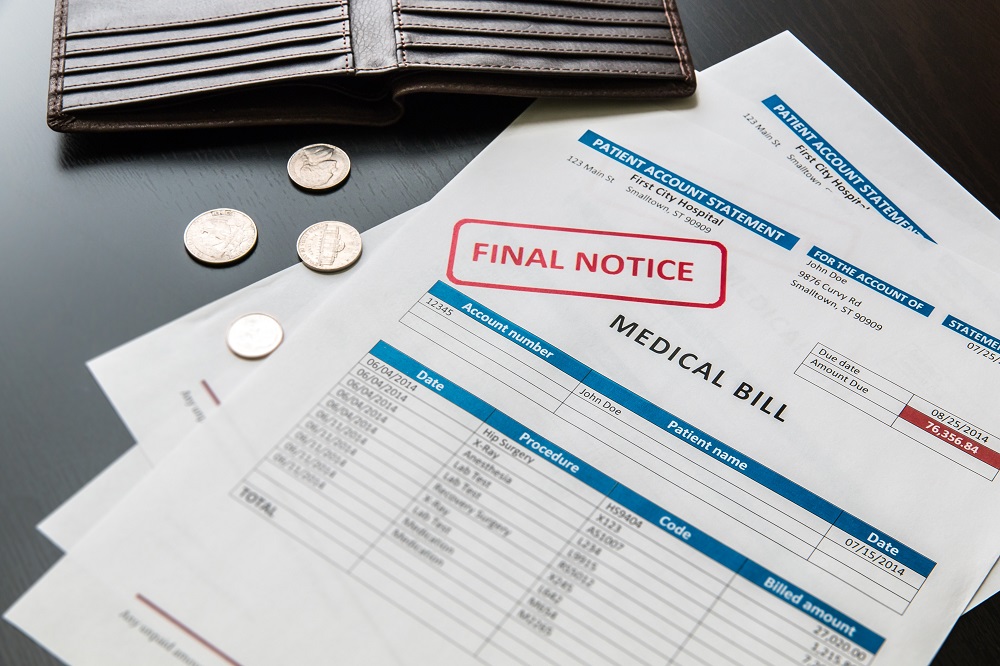Bankruptcy for Business Debt in Arizona
 Debt is not created equal. While certain debts can be discharged in a bankruptcy, giving you a fresh start, you’ll still be responsible for others.
Debt is not created equal. While certain debts can be discharged in a bankruptcy, giving you a fresh start, you’ll still be responsible for others.
Most people have at least some idea about the types of debt that can be discharged in a personal bankruptcy. What happens in the case of a business filing, however? Will the same rules apply or are there alternative considerations?
Chapter 7 Bankruptcy for Businesses
Companies can do a Chapter 7 filing in Arizona. Chapter 7 procedures involve asset liquidation, after which qualifying debt included in the bankruptcy estate will be discharged.
For Arizona individuals, a Chapter 7 bankruptcy can contribute to the discharge of unsecured debt.
Businesses can wipe out several types of debt under this chapter:
- Credit card debt
- All kinds of unsecured debts owed by a sole proprietor
- Obligations under leases and agreements entered into by a sole proprietor (including leases for both commercial and residential property)
- Medical bills
- Lawsuit judgments
Just like in the case of individual filings, however, secured debts are protected and cannot be discharged. In these instances, a lender has the right to take back the collateral that secures the debt.
The types of business debt that cannot be discharged in a Chapter 7 bankruptcy include:
- Court-imposed fines and penalties
- Court-imposed restitutions
- Certain kinds of tax debt like recent back taxes
- Loans owed to a pension plan
- All kinds of debt arising from fraudulent activities
- Presumptive fraud
Keep in mind that these regulations apply to sole proprietorships only. In this case, the business and the owner are one and the same entity. Partnerships and corporations cannot get a discharge under a Chapter 7 bankruptcy. If a partnership or a corporation does a Chapter 7 filing, the bankruptcy trustee will go through asset liquidation, after which the business will be closed down.
Other Bankruptcy Chapters
Business owners can choose to opt for another bankruptcy chapter filing, especially if asset liquidation is not the best course of action.
How is debt treated under such alternative filings?
A Chapter 11 bankruptcy is a reorganization type of bankruptcy, similar to a Chapter 13 filing. The business is given an option to reorganize its debt (secured priority debt is examined first) and to begin making adequate payments. When the plan is approved, the business can start making the payments without worrying about debt collection efforts on behalf of creditors.
The situation is similar in the case of a Chapter 13 filing. This type of bankruptcy, however, is once again available to sole proprietorship owners. The business owner will need to earn enough in order to begin repaying secured priority debt. A Chapter 13 plan will be valid for a period ranging from three to five years. Once that period is over, the sole proprietorship owner will get a discharge.
How to Move Forward with the Business Bankruptcy Filing
The bankruptcy filing chapter, the types of debt you can discharge and the qualification requirements are all dependents on your income and the type of business you own.
If you have a sole proprietorship, you will enjoy a bit more flexibility in terms of keeping your business operational and getting a discharge for unsecured, non-priority debt. Partnership and corporation owners will need to go through a different process.
Examine the types of debts that your business has accumulated. Once you have a good idea about your company’s financial standing, get in touch with an Arizona bankruptcy attorney. Your lawyer will examine the nature of the debt, the specifics of the business operations and whether you qualify for a filing under one chapter or another.
Find out what is the best time to file bankruptcy in Arizona.





